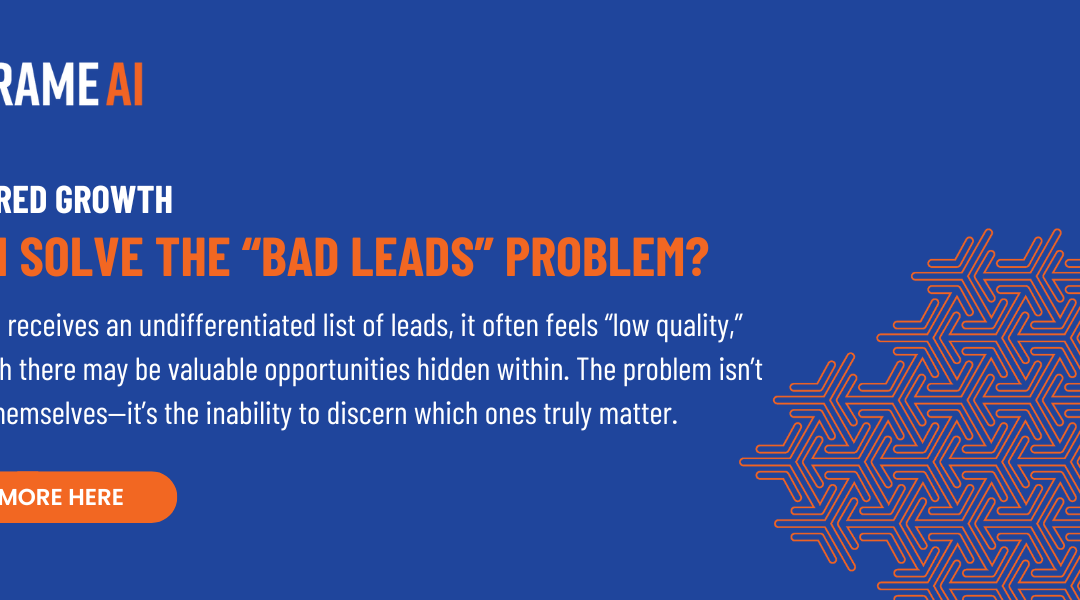Customer-centricity has reoriented modern organizations around real-time insights, and, as the business unit that owns the greatest volume of customer interaction, Support is ground zero.
Two crucial capabilities for modern Support leaders are predicted CSAT and automated escalation alerts. By enabling proactivity, these tools allow Support to shift from firefighting to relationship management. By initiating fruitful interactions with customers rather than waiting to receive their problems, Support is one of the most significant levers for revenue protection.
It sounds abstract, but in practice, all of this boils down to a few discrete updates to work streams that allow Support teams to exponentially expand their capacity.
Customer Satisfaction is the Beginning of Support Strategy, Not the End
Predicted CSAT is a powerful tool that leverages AI and machine learning to forecast customer satisfaction based on historical data, patterns, and real-time interactions. Rather than waiting for retroactive surveys, which are compromised by sample biases and response rates, this predictive approach allows organizations to identify potential churn risks and head them off before they metastasize.
Unlike conventional CSAT, pCSAT is not an end unto itself. Its point is not to generate a high score, but to trigger the most impactful set of actions for revenue protection. It’s the beginning of the work stream, rather than the conclusion.
In practice, that means pCSAT collects churn drivers like high resolution time, customer repetition, negative sentiment signals, and alerts agents that they need to take some steps now, before the situation becomes worse, and more expensive to correct.
When organizations take anticipatory actions based on predicted CSAT, they send a message to customers that their satisfaction is a priority, bolstering customer trust and loyalty in the process.
The Future is Now: Predicted Escalation Alerts and Proactive Issue Resolution
Similarly, Predicted Escalation Alerts are invaluable in enabling organizations to detect potential customer service issues before they escalate into substantial, often irreversible problems. By monitoring an array of signals, such as customer interactions, product usage, and feedback, support teams can be alerted to potential escalations in real-time.
These alerts empower teams to initiate proactive interventions, effectively resolving issues before they have a chance to sour the customer experience. The ability to anticipate and address issues promptly leads to improved service quality and enhanced customer satisfaction, acting as a deterrent to customer churn.
How Does This Impact Support Metrics?
Response and Resolution Time
Predicted CSAT and escalation alerts prioritize customer queries based on the cost of each ticket’s risk factors, allowing for strategic allocation of resources to address high-risk cases swiftly. Response and resolution times improve as issues are identified and resolved before they escalate, reducing costs and negative sentiment that drives churn.
Agent Effort
Optimized ticket distribution allows agents to focus their efforts more efficiently, which, in turn, can lead to a reduction in operational costs. Tickets can be routed or escalated early, and agents have a complete and unified understanding of the issue, increasing efficiency and reducing costly, protracted escalation.
Customer Effort
By reducing the customer effort through proactive issue resolution, pCSAT helps in minimizing the costs related to customer dissatisfaction, such as refunds, compensations, and additional support interactions. Satisfied customers are also less likely to churn, reducing the costs associated with customer acquisition and retention.
These tools are like the guardians of customer support – spotting potential troubles and helping solve them before they turn into big, costly headaches that impede Support’s ability to protect revenue.




